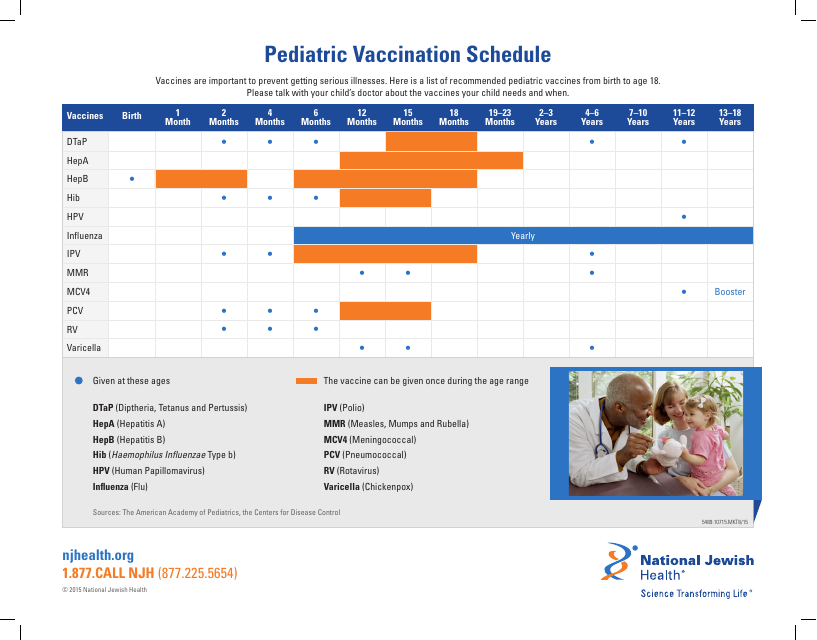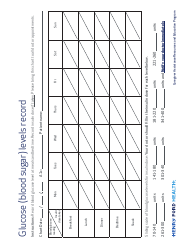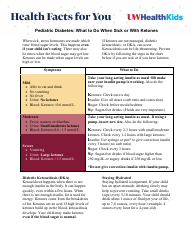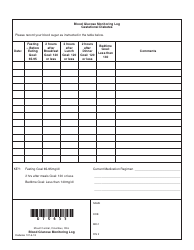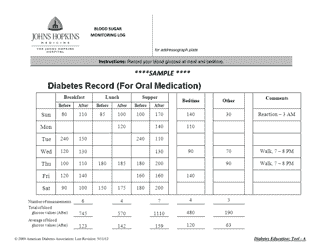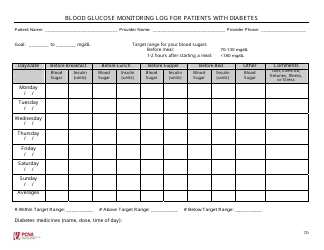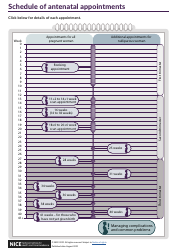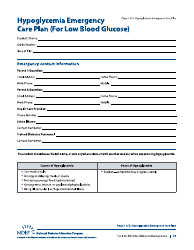Pediatric Vaccination Schedule - National Jewish Health
The Pediatric Vaccination Schedule provided by National Jewish Health is a guidance chart that outlines the recommended vaccinations and their timings for children from birth up to 18 years of age. This schedule is designed to help parents, caregivers, and healthcare providers ensure that children receive their vaccinations at the correct times to protect them from various preventable diseases such as measles, polio, and whooping cough. Additionally, it helps keep track of the given and pending vaccinations for better health management.
The Pediatric Vaccination Schedule at National Jewish Health is typically filed by the healthcare professionals in the organization. This could include physicians, nursing staff, or an administrative team assigned to manage patient records and health data. This schedule is usually maintained and updated regularly to track and manage the patient's vaccination history.
FAQ
Q: What is the pediatric vaccination schedule?
A: The pediatric vaccination schedule is a set of recommendations for the timing of immunizations of infants and children as well as some adults who require catch-up vaccines. These schedules are designed by bodies like Centers for Disease Control and Prevention (CDC).
Q: What organization in the USA is responsible for creating the pediatric vaccination schedule?
A: In the USA, the Centers for Disease Control and Prevention (CDC) is the organization responsible for creating the pediatric vaccination schedule.
Q: Why is the pediatric vaccination schedule important?
A: The pediatric vaccination schedule is important because it provides the most effective timing for each vaccine, which ensures that infants, children, and adults are protected from preventable diseases at the earliest possible time.
Q: Do other countries like Canada, India, and Australia have their own pediatric vaccination schedules?
A: Yes, other countries such as Canada, India, and Australia have their own pediatric vaccination schedules. These schedules may differ slightly from the US schedule due to different disease risks in those regions. They're usually designed by the country's health department or equivalent.
Q: Can the pediatric vaccination schedule be modified?
A: Yes, in certain circumstances, the vaccination schedule can be modified or delayed. This is typically done under the guidance of a healthcare provider based on the child's health condition, presence of immune-compromising conditions, or other specific circumstances.
Q: Are there any risks associated with the pediatric vaccination schedule?
A: Vaccines, like any medication, may have side effects. However, the benefits of vaccinations far outweigh their risks, and they are generally considered safe. Any potential risks or side effects vary by vaccine and should be discussed with a healthcare provider.
